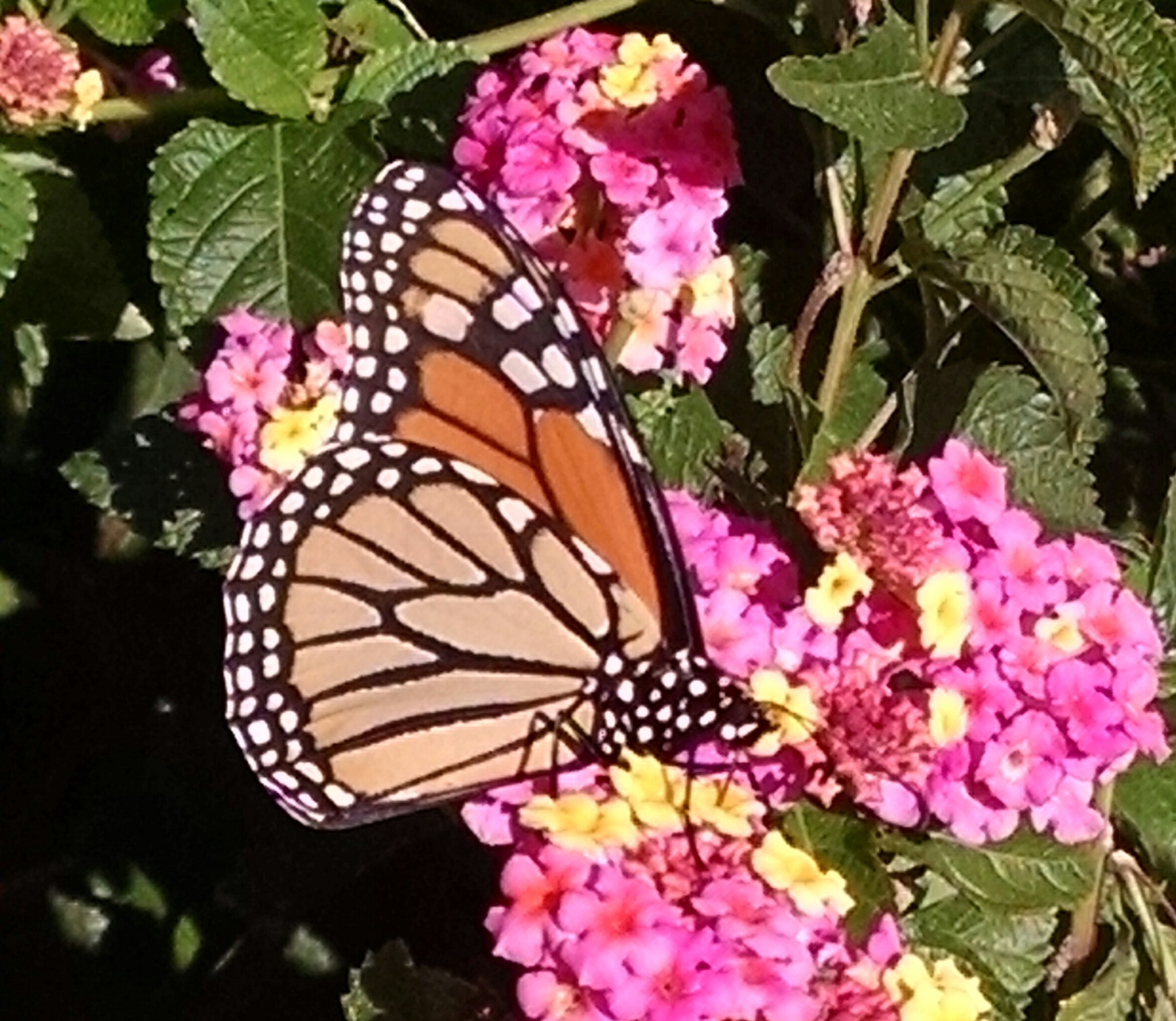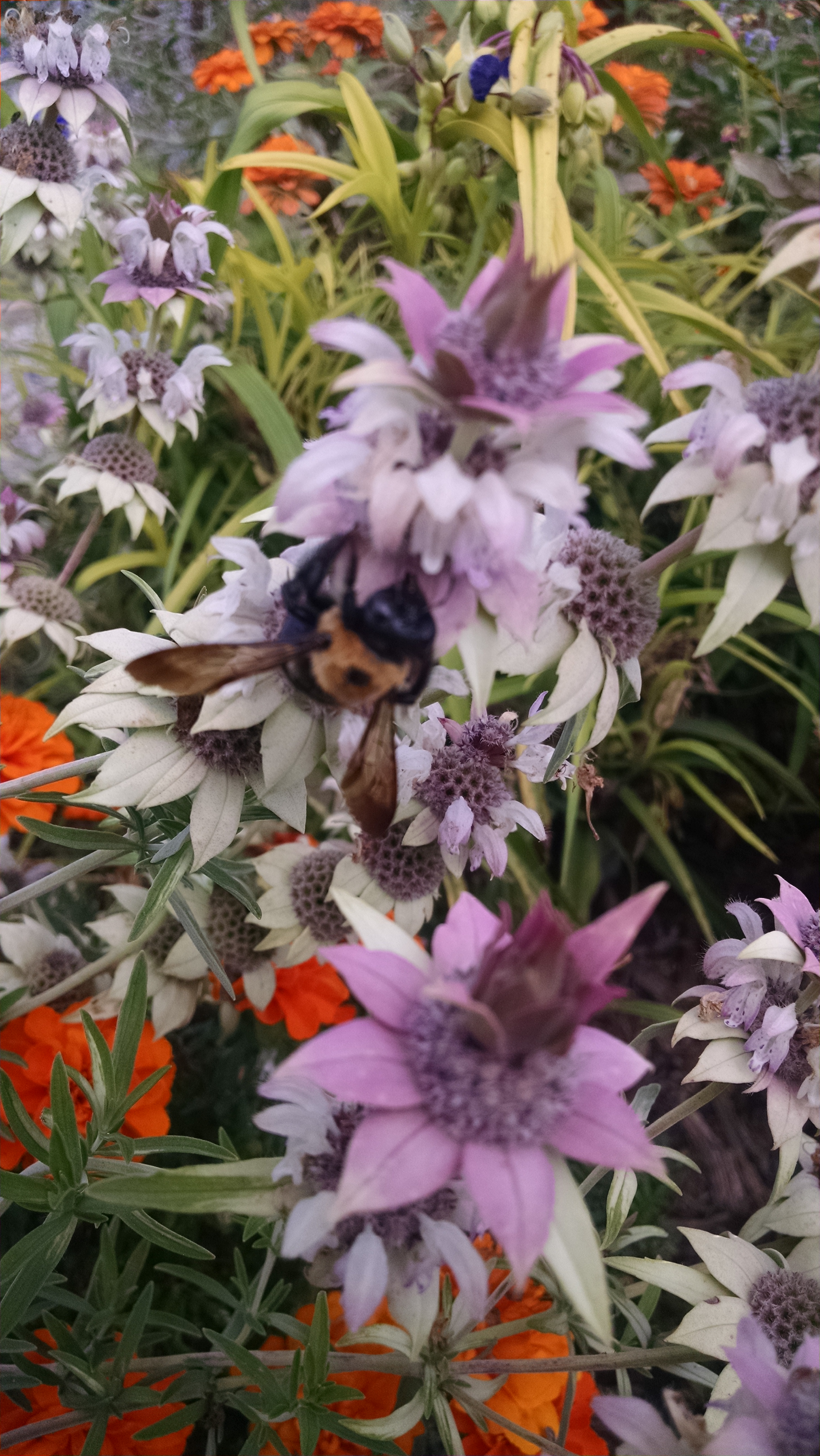Pollinator Haven Garden
go.ncsu.edu/readext?521326
en Español / em Português
El inglés es el idioma de control de esta página. En la medida en que haya algún conflicto entre la traducción al inglés y la traducción, el inglés prevalece.
Al hacer clic en el enlace de traducción se activa un servicio de traducción gratuito para convertir la página al español. Al igual que con cualquier traducción por Internet, la conversión no es sensible al contexto y puede que no traduzca el texto en su significado original. NC State Extension no garantiza la exactitud del texto traducido. Por favor, tenga en cuenta que algunas aplicaciones y/o servicios pueden no funcionar como se espera cuando se traducen.
Português
Inglês é o idioma de controle desta página. Na medida que haja algum conflito entre o texto original em Inglês e a tradução, o Inglês prevalece.
Ao clicar no link de tradução, um serviço gratuito de tradução será ativado para converter a página para o Português. Como em qualquer tradução pela internet, a conversão não é sensivel ao contexto e pode não ocorrer a tradução para o significado orginal. O serviço de Extensão da Carolina do Norte (NC State Extension) não garante a exatidão do texto traduzido. Por favor, observe que algumas funções ou serviços podem não funcionar como esperado após a tradução.
English
English is the controlling language of this page. To the extent there is any conflict between the English text and the translation, English controls.
Clicking on the translation link activates a free translation service to convert the page to Spanish. As with any Internet translation, the conversion is not context-sensitive and may not translate the text to its original meaning. NC State Extension does not guarantee the accuracy of the translated text. Please note that some applications and/or services may not function as expected when translated.
Collapse ▲Overview
Pollinator Haven is a teaching and demonstration garden located at the N.C. Cooperative Extension-Lee County office at 2420 Tramway Rd. Sanford NC. The purpose of the garden is to educate the public about the importance of pollinators and to teach about the elements of pollinator habitat.
– Garden Interpretation Signs
– Pollinator Haven Garden Inventory as of October 2022
– List of Pollinator Plants for Lee County
The garden’s existence is the result of a group effort led by Horticulture Agent Minda Daughtry, Tracie Bowers (EMGV), and the Extension Master Gardener Volunteers of Lee County, who researched plant species, designed the landscape, cleared and prepared the soil and planted the garden. The garden is maintained by Amanda Wilkins, the horticulture agent (as of August 2022), Tracie Bowers, Extension Master Gardener Volunteers, and members of the Lee County community.
4-H Youth Commissioners Help in the Garden- 2022
Pollinator Community Science
What is Pollination?
Tours
Self-guided tours of Pollinator Haven are available during regular Extension hours. Free docent-led tours and pollinator-related programming for groups are available by calling the N.C. Cooperative Extension Lee County Office at (919 )775-5624.
Plants featured in Pollinator Haven
Content Contributed by Extension Master Gardener Volunteer Tracie Bowers






